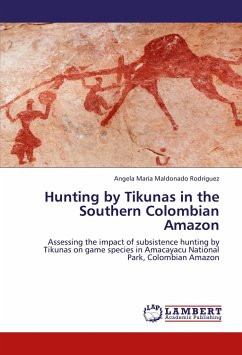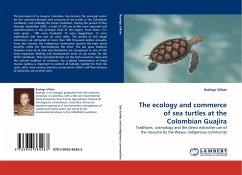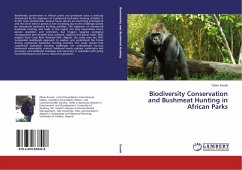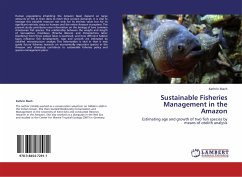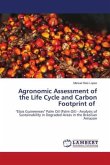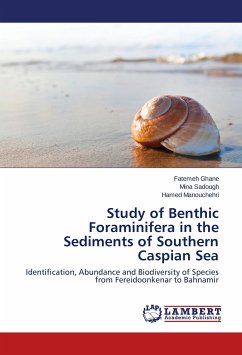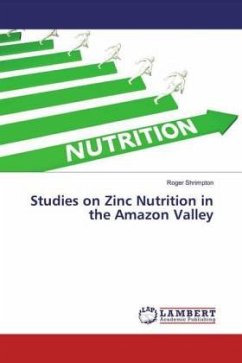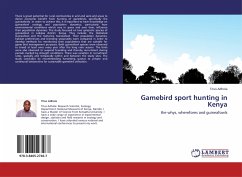Subsistence hunting has been identified as a global conservation issue not only for the stability of tropical ecosystems, but also for securing the long-term livelihoods of local people. During 2005-2009, the densities and biomass of game species were determined in order to assess the impact of subsistence hunting by Tikuna people in the Amacayacu National Park, Colombia. The results suggest that eight game species, which are highly important in the Tikuna diet, are overharvested with subsequent impacts on their long-term survival. This study highlights the importance of a multidisciplinary approach when designing management strategies of natural resources where protected areas and indigenous territories overlap. It also provides sustainable alternatives for the conservation of the overharvested species. Ultimately, the implementation of the proposed management strategy is only possible if local stakeholders are willing to take action. This study may be used as the baseline for its design.
Bitte wählen Sie Ihr Anliegen aus.
Rechnungen
Retourenschein anfordern
Bestellstatus
Storno

